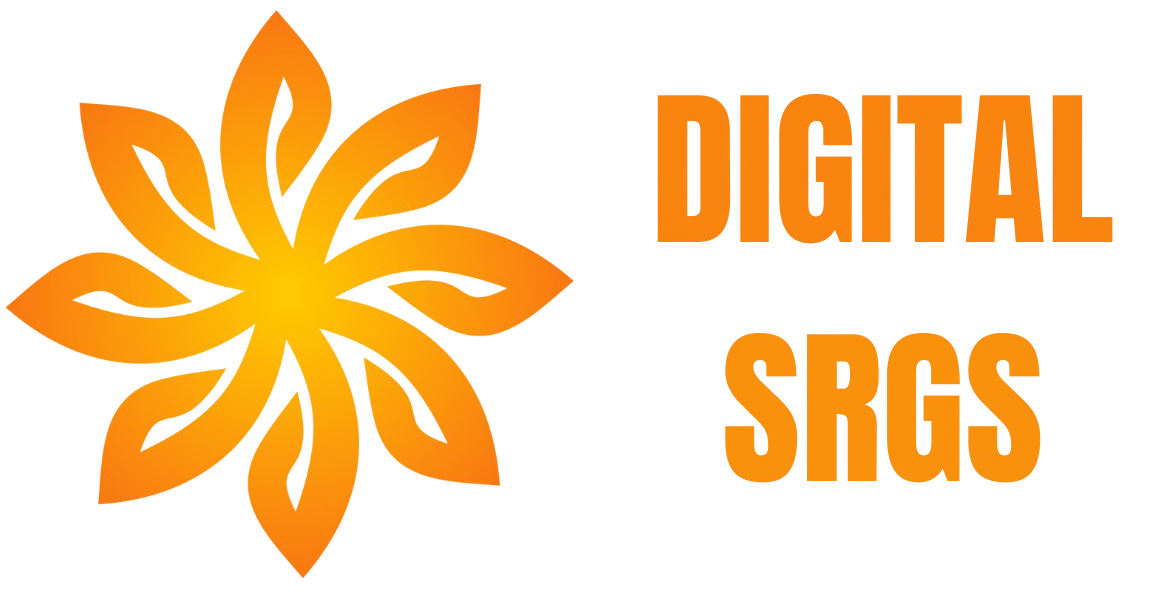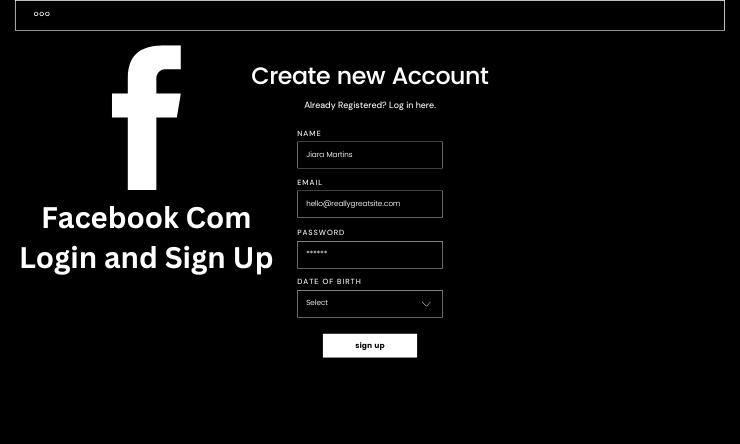Table of Contents
ToggleIntroduction to Facebook Com Login and Sign Up
In today’s digital age, having a Facebook account is almost a rite of passage. Whether you’re connecting with friends, sharing memories, or keeping up with the latest news and trends, Facebook plays a pivotal role in our online lives. However, as you navigate the world of social networking through your Facebook Com Login and Sign Up process, it’s essential to prioritize security.
With cyber threats lurking at every corner, protecting your personal information should be at the forefront of your mind. Let’s dive into some crucial tips to help you secure your account from unauthorized access while enjoying all that Facebook offers.
The Importance of Securing Your Facebook Account
Your Facebook account serves as a portal to your data and is more than simply a social media presence. Without appropriate security measures, the information you share from messages and pictures to financial information may be at risk.
Unwanted harassment or identity theft may result from unauthorized access. Once someone has access, they may change your preferences or pretend to be you. Your friends and family are also at risk, in addition to yourself.
Taking proactive measures to safeguard that important data is what it means to secure your account. In a world that is becoming more digital, it is crucial to protect privacy and guarantee online safety.
It’s critical to make security a top priority in your everyday routine since cyber dangers are increasing. All facets of your online life are protected when you keep your Facebook account safe, which also helps protect other accounts connected through it, such as email and banking services.
Tips for Creating a Strong Password
Your first line of defense for protecting your Facebook account is a secure password. Try to keep it to 12 characters or more. The longer, the better.
Use a combination of capital and lowercase letters. It is more difficult to break this version.
Remember the symbols and numbers. “P@ssw0rd!” is a combo that may greatly boost strength.
Steer clear of well-known expressions or facts that may be guessed, such as pet names or birthdays. These are frequently the initial attempts made by hackers.
Think about creating a passphrase, which is a string of random words that is simple for you to remember but difficult for others to figure out.
Use distinct passwords for every account. In this manner, your other logins are protected even if one is hacked.
Enabling Two-Factor Authentication
One important step in protecting your Facebook account is turning on two-factor authentication (2FA). To access this extra layer of protection, you need more than simply your password.
You’ll need to use a second way to confirm your identity after turning on 2FA. Your phone’s authentication app or a text message might be used for this. They won’t have the second factor required to log in, even if they manage to obtain your password.
This feature is easy to set up and can be found in your account’s security settings. Once enabled, a verification request will be sent out with every login attempt from an unidentified device.
The chance of unwanted access is greatly reduced by taking this preventative action. Even if your login credentials are hacked, you can rest easy knowing that only you can access your account.
Monitoring Your Account Activity
Keeping an eye on your Facebook account activities regularly is essential for security. The settings menu makes it simple to obtain this data. Search for “Security and Login” to examine previous attempts at logging in.
Keep an eye out for any strange gadgets or places. Change your password or log out of all sessions right away if something doesn’t look right.
In order to keep you updated on any unwanted access, Facebook now provides notifications for unidentified logins. By turning on these alerts, you can be confident that you’ll be informed immediately if someone attempts to access your account.
Additionally, pay attention to postings and messages. Occasionally, without your awareness, hackers will exploit your profile to send friends spam or dangerous links. You can keep control of your online presence and promptly identify these problems with routine monitoring.
Avoiding Suspicious Links and Scams
Some alluring links and deals look too good to be true on the internet. Scammers frequently use Facebook and other social media platforms to trick unwary people into clicking on dangerous links.
Examine the URL carefully before clicking. Keep an eye out for warning indications of fraud, such as misspellings or odd domain names. If something doesn’t seem right, follow your gut and avoid it.
When friends send you messages with dubious links, proceed with caution. It’s possible that their accounts were hacked, putting you in danger.
Use legitimate channels to confirm the veracity of any offer or link you are unsure about. Spend time looking up evaluations or cautions about the deal on the internet.
Education is essential; keep yourself updated on typical frauds that are going around on sites like Facebook. Being aware of these always-changing cyber threats will help you avoid becoming another victim.
Regularly Updating Privacy Settings
Maintaining control over who may access your information on Facebook requires that you update your privacy settings on a regular basis. Your prior preferences may be impacted by the periodic additions and modifications made to the platform.
Every few months, spend some time reviewing these settings. Change the settings for friend requests, post visibility, and sharing of profile information. By personalizing these options, you can be sure that only those you can trust may access the information you provide.
Regularly checking the permissions of apps is also a good idea. Third-party apps may occasionally obtain access without your knowledge. Remove any superfluous permissions that can jeopardize the security of your account.
Remember to adjust location settings as well; restricting geotagging can stop unauthorized tracking by third parties. You may greatly improve the security of your personal information while efficiently utilizing Facebook Com Login And Sign Up by becoming vigilant about privacy changes.
Being Cautious on Public Wi-Fi Networks
Although public Wi-Fi networks are practical, there are serious hazards associated with using them. Your personal information may be exposed to prying eyes when you connect to Facebook on these networks.
Never assume that connections made in public are secure. Fake hotspots are simple for cybercriminals to set up to obtain private information. When using such networks, refrain from inputting passwords or going into your Facebook account.
Think about using a virtual private network (VPN) if you must use public Wi-Fi. By encrypting your internet connection, a VPN provides an additional degree of protection against possible dangers.
Remember that certain tasks should always be saved for safe connections at work or home. When using unprotected networks while out and about, consider your options carefully before making updates or checking messages. You may avoid future problems by practicing mindfulness.
What to Do If Your Account is Hacked?
It might be frightening to learn that your Facebook account has been compromised. Regaining access is the first step. Click “Forgot password?” on the Facebook login screen. To reset your password, enter your phone number or email address and follow the instructions.
Examine your account settings when you have control again. Look for any illegal modifications, such as connected accounts or strange emails. Anything suspect should be removed right away.
Tell your friends about the breach after that. This stops them from being victims of frauds that come from your hacked account.
Consider using Facebook’s Help Center to report the breach. They offer advice and assistance specifically designed for these circumstances.
Think about what caused this situation for a moment. You may strengthen your security measures going the future by learning from it.
Conclusion
Facebook account security is crucial in the current digital environment. Given the increase in cyber threats, being proactive may have a big impact. You may successfully secure your personal information by using the above-mentioned advice, which includes making strong passwords, turning on two-factor authentication, and exercising caution when using the internet.
Don’t forget to often check the activity on your account and adjust your privacy settings as necessary. Being mindful is essential while using public Wi-Fi networks; stay away from sensitive data while using unprotected connections. Change your passwords and report any unusual activity right away if you ever find yourself in a hacking situation.
You can make sure that your online experience is secure and pleasurable by giving security priority when logging in and creating an account on Facebook. To protect what matters your online identity be vigilant, educate yourself about potential threats, and take appropriate action.




